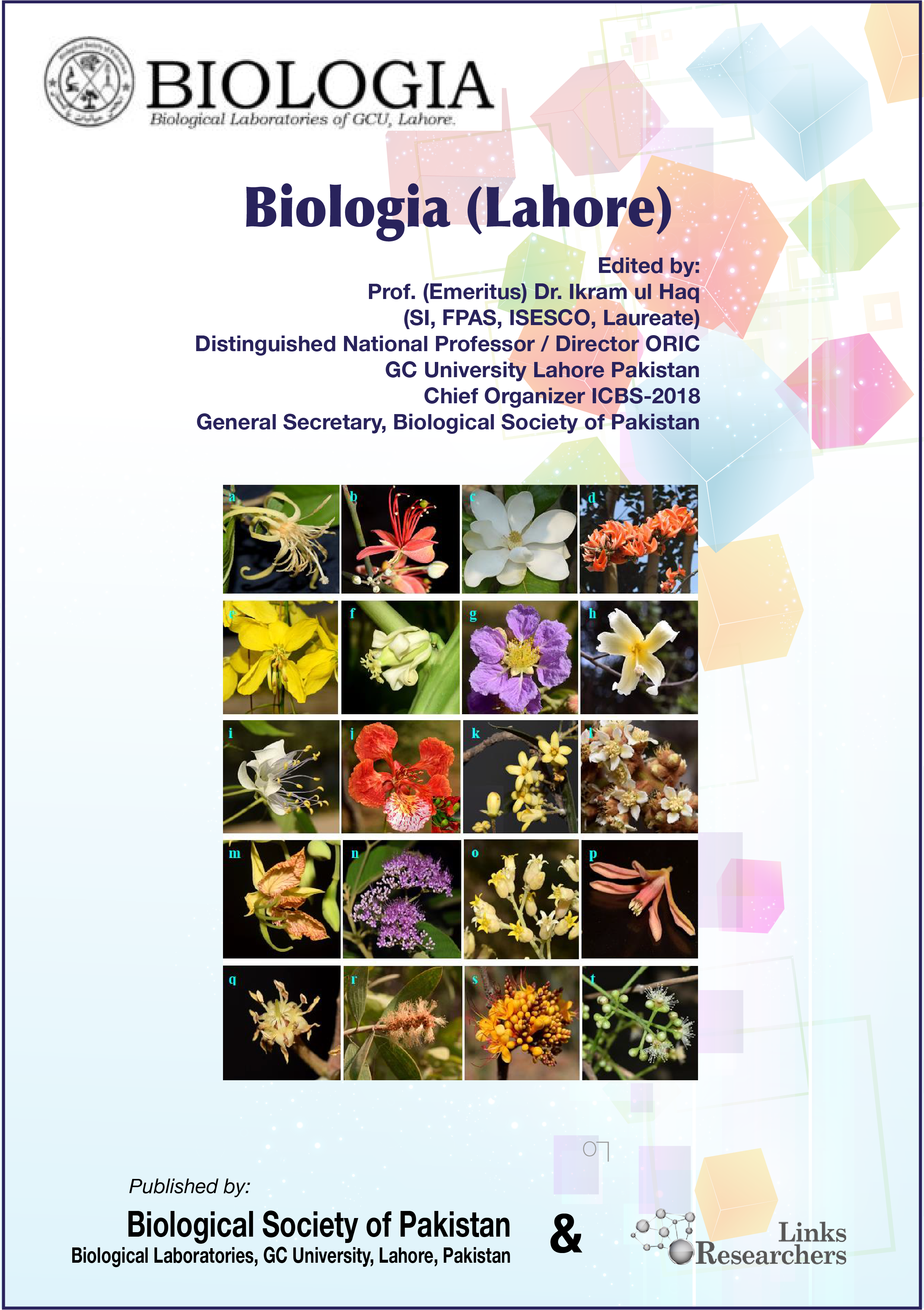Sugar industry effluents as a source of soil fertility and potential toxicological risk of heavy metals in food crop
Sugar industry effluents as a source of soil fertility and potential toxicological risk of heavy metals in food crop
ZAFAR IQBAL KHAN1*, KAFEEL AHMAD1, KHALID NAWAZ2, MUHAMMAD NADEEM3, ASMA ASHFAQ1,
BABAR MUNIR1, HAFSA MEMOONA3, MADIHA SANA3, FARZANA SHAHEEN1, NAUNAIN MEHMOOD4, HIRA MUQADAS4, MAHPARA SHEZADI5, IJAZ RASOOL NOORKA6, HUMAYUN BASHIR1,
MUDASRA MUNIR1, ILKER UGULU7 & YUNUS DOGAN7
ABSTRACT
Concentrations of heavy metals such as manganese, zinc, lead and nickel in the environment are currently increasing, mainly due to human activities. Zinc is essential element for several biochemical processes in plants. Any of these metals, at high concentrations in soil, can cause severe damage to physiological and biochemical activities of plants. Scarcity of fresh water in agricultural area enforced farmers to use industrial effluent and domestic wastewater for irrigation purpose. Ramzan sugar mill industry located at Chiniot discharges high amount of effluent which is used by farmers for irrigation purpose. Current experiment was conducted in Sargodha, Punjab, Pakistan to assess the level of different heavy metals such as Mn, Ni, Pb and Zn in wheat variety (Chagi-4) irrigated with varying quantity of sugar industry effluent. The water, soil and wheat grain samples were analyzed for heavy metals by Atomic Absorption Spectrophotometer. Concentrations of Mn (0.29-0.61), Ni (0.79-1.02), and Pb (0.01-0.42) mg/L in water samples were higher than the permissible limit of Mn (0.2), Ni (0.20), and Pb (0.1) mg/L given by FAO, while value (mg/L) of Zn (0.61-0.80 mg/L) was within the acceptable limit recommended for irrigation. In grain samples, values of all heavy metals such as Mn (0.18-0.75), Ni (0.32-0.77), and Zn (0.52-0.98) mg/kg were within acceptable range of Mn (500), Ni (67), Zn (99.4 mg/kg) suggested by FAO/WHO except for Pb whose concentration (0.19-0.83) mg/kg exceeded the permissible limit (0.3 mg/kg) given by FAO/WHO. The values of all heavy metals in water were beyond the acceptable limit but in wheat grains concentrations of heavy metals were within acceptable limit except for Pb, which indicate the lesser transfer of these metals from soil to the wheat plant. The analysis reveals that regular monitoring of sugar industry effluent is necessary to prevent the excessive buildup of metals in food chain which has broader implications in sustainable agricultural water management.
To share on other social networks, click on any share button. What are these?







